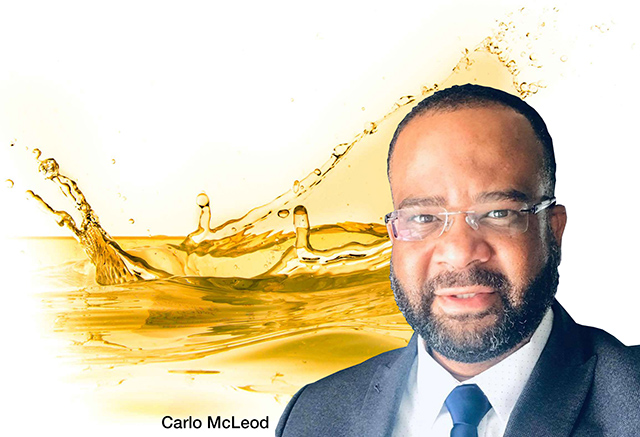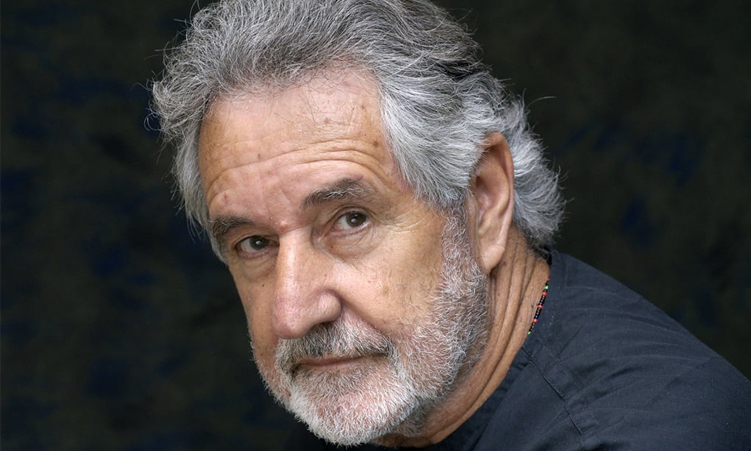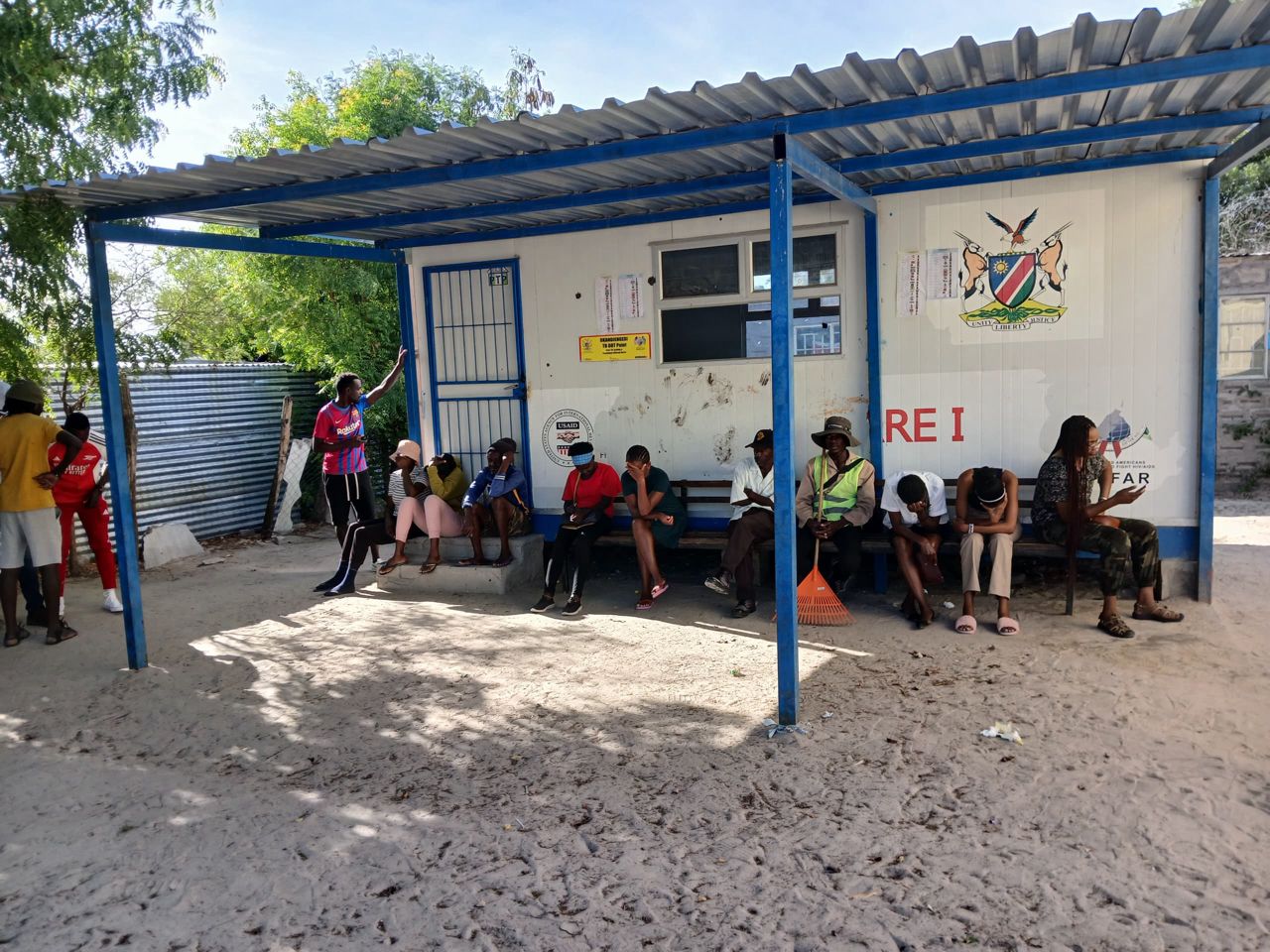THE energy ministry says Angola’s refined oil does not meet Namibian standards, but this could change because the oil-rich country is currently building a refinery to produce internationally rated petroleum products.
This was said by Carlo McLeod, the ministry’s deputy director of regulation, compliance and economics in the petroleum affairs department.
“Angola still has fuel with sulphur levels of 2000 parts per million (ppm), way over the international standards of 500 ppm. It means fuel from Angola does not meet our fuel specification standards,” he said.
PPM is the measurement of a chemical or contaminate per unit.
“Namibia is a net importer of refined petroleum products. Hence, when importing petroleum products, the country needs to adhere to regional and international obligations for cleaner carbon emissions, and the need to protect the environment,” McLeod explained.
He said Angola has planned to build a new refinery in Lobito, and to upgrade the existing Luanda refinery.
“Amongst other reasons, this new refinery will be built to process Angola’s crude oil into refined products that meet European and American specifications,” he continued.
The Namibian government opted to build a N$5,5 billion oil storage facility at Walvis Bay, instead of an oil refinery.
McLeod’s comments come at a time when the government is looking at importing oil from the United Arab Emirates (UAE).
The deputy director said there is a need for an in-depth study to determine whether the plan to import petroleum products from the UAE is feasible.
“Various challenges need to be looked at before deciding on whether a country should import refined oil products from a particular fuel-exporting nation,” he said, adding that this often requires an in-depth study on issues relating to international politics, costs, fuel standards, as well as regional and international treaty obligations.
This could perhaps be the same reason why president Hage Geingob simply implied on the need to explore possibilities of supplying refined oil to Namibia, he said.
According to him, South Africa imports crude oil and refined fuels to meet its liquid fuel needs from countries such as Saudi Arabia, Qatar and the UAE.
Namibia pays billions for petroleum imports every year through South Africa.
The energy ministry estimates that the total volume of petroleum products imported in 2017 was 1, 1 billion litres, which amounted to more than N$13 billion.
The idea to import oil from the Middle East came up after president Geingob met Abu Dhabi’s crown prince sheikh Mohammed bin Zayed al-Nahyan in the UAE this week.
The decision to buy oil from the United Arab Emirates could open an opportunity for politically connected business people who might want to squeeze themselves into the transaction.
reported in 2016 how a business deal amounting to N$11 billion to allow the Namibian government to buy crude oil from Angola was stalled by a scramble among politically connected Namibian business people for a slice of the action.
The businessmen who were set to benefit from the deal include Desmond Amunyela and Vaino Nghipondoka, who were Geingob’s friends, but later fell out of favour with the head of state.
Nghipondoka said at the time that “to us, this deal is dead. In business, you win some and lose some. Life goes on.”
The Angolan oil deal saga began in June 2013 when Namibia’s former energy minister, Isak Katali, and Angola’s petroleum minister, José Maria de Vasconcelos, signed a memorandum of understanding, with Angola to facilitate the supply of crude oil. As Namibia imports all its refined petroleum from abroad, the plan was to buy cheaper crude oil from Angola’s state-owned oil company, Sonangol, and refine it, using a third party in Dubai via a Russian-owned trading partner, Lukoil. It would then be imported into Namibia through the country’s energy parastatal, Namcor.
Geingob’s supporters claim that the president stopped the Angolan oil deal because it was shady.
Stay informed with The Namibian – your source for credible journalism. Get in-depth reporting and opinions for
only N$85 a month. Invest in journalism, invest in democracy –
Subscribe Now!






